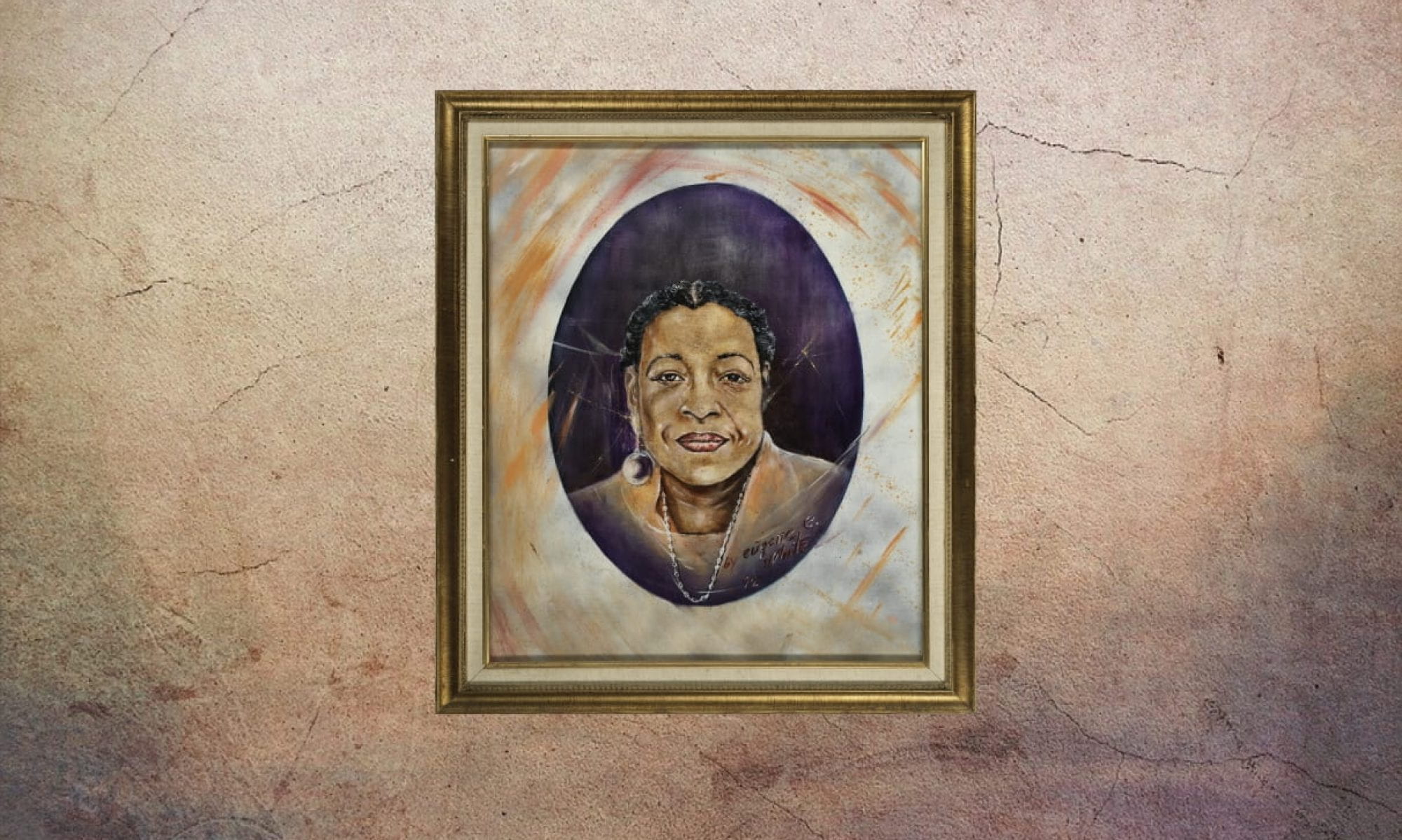
Thomas Fleming will be remembered as an individual who devoted his life to combating racism through use of a free and fair press. Fleming was able to educate the people of San Francisco and the nation on black history and black community events and also demonstrated the importance of including black voices in the press. Throughout his career, Fleming would meet with important leaders of the civil rights movement, including Martin Luther King, Jr., W.E.B. Du Bois, Justice Thurgood Marshall, Malcolm X, and Carlton B. Goodlett.
Growing up, Thomas lived with his grandfather in Jacksonville, Florida, and later with his uncle in New York City. Then, at the age of 11, Fleming’s family sent him to Chico, California, to live with his mother.
Fleming moved to San Francisco after graduating high school in 1926, and worked as a bellhop, waiter, and cook. In a 2004 interview with the Chronicle, Fleming said, “I thought I’d be a cook my whole life.” However, mass layoffs at the dawn of the Great Depression pushed Fleming into the realm of the press—something atypical for a member of the African American community in the 1930s.
Fleming began his career in the media as an unpaid writer for The Spokesman. He was put into the position of writing for a newspaper that was supportive of the General Strike of 1934, which was the result of dissatisfaction in worker’s conditions. Fleming later began running an independent radio show, Negroes in the News, and writing the “Activities Among Negroes” column of the Oakland Tribune. This column ran for five years and contained an 86-part, comprehensive series on black history. Fleming then landed an interview with Frank Logan, a local businessman who was releasing a brand new newspaper called The Reporter and was searching for an editor. After the interview, Logan knew that Fleming was his man and helped launch Fleming on a path of professional, paid journalism.
Thomas Fleming, legendary journalist for The Sun-Reporter, penned more than 7,600 articles during his lifetime.
Fleming worked for years at The Reporter and gained local fame for his 1944 post-WWII press conference with Mayor Roger D. Lapham. In a breach of protocol, Lapham asked Fleming a loaded question: “Mr. Fleming, how long do you think these colored people are going to be here?” Mr. Fleming, being the professional that he was, responded in a cool and collected manner stating, “Mr. Mayor, do you know how permanent the Golden Gate is? Well, the black population is just as permanent.” Fleming’s activism continued through the 60s as a result of the conflict in Vietnam. Through his articles, Fleming made the point that the black community was deemed skillful enough to drive tanks and fight for the country, but not skillful enough to work on all the ports of San Francisco. The Jim Crow-esque hiring practices present in San Francisco enraged Fleming.
Fleming also had a personal friendship with Carlton B. Goodlett which resulted in the creation of The Sun-Reporter. Goodlett moved to San Francisco, at Fleming’s request, and invested in The Reporter. In a heated poker match against the wealthy white owner of the newspaper, The Sun, Goodlett won all rights to the paper. He then decided to merge The Sun and The Reporter, creating the well-known Sun-Reporter. In fact, he effectively used this paper as a platform for his civil rights struggles. Fleming wrote and edited for The Sun-Reporter until his retirement in 1997. Fleming remained an active voice in San Francisco until his passing in 2006. As he himself put it in a 2004 SF Gate interview, “I’m too damn old to tell lies.” As an informed, respected community member of the Western Addition, Fleming keenly criticized the inadequacies of the government of the early 2000s. He was most vocal about his disdain for Condoleezza Rice, former President George W. Bush, and former Governor Arnold Schwarzenegger. Even after retiring, Fleming never stopped being vocal in his struggle against prejudice, injustice, and racism.
Although Thomas Fleming was a bachelor his whole life and never had children of his own, the community of the Western Addition proved to be his family. He was an incredibly sociable, beloved man who was adopted by countless families. In his life-long effort to combat racism through the press, Fleming covered nine political conventions and penned more than 7,600 articles. In terms of the impact of his legacy, Fleming said it best: “I felt that blacks had to have an editorial voice. And I think that’s why black papers are in existence all over the country. If the white papers covered all the different facets of black society the way they do white society, there wouldn’t be a black paper in existence.”
— Ian Duke and Kendra Wharton
Works Cited
Carl T. Hall, “Thomas Fleming—Columnist, Editor.” SF Gate. 23 Nov 2006.
Chinn, Paul. “A Titan of Bay Area Newspapers.” SF Gate. 28 Jul 1997.
Fleming, Thomas C. “Reflections on Black History.” The Columbus Free Press. 4 Jun 1999.
Millard, Max. “Thomas Fleming—Sun-Reporter Editor.” 28 Jul 1997.
Millard, Max. “Thomas Fleming The Way It Was: 1912–1926.” 1998.
Nolte, Carl. “A Titan of Bay Area Newspapers / At 96, Thomas Fleming Still Making Deadlines and Fighting Racism.” SF Gate. 11 Apr 2004.
